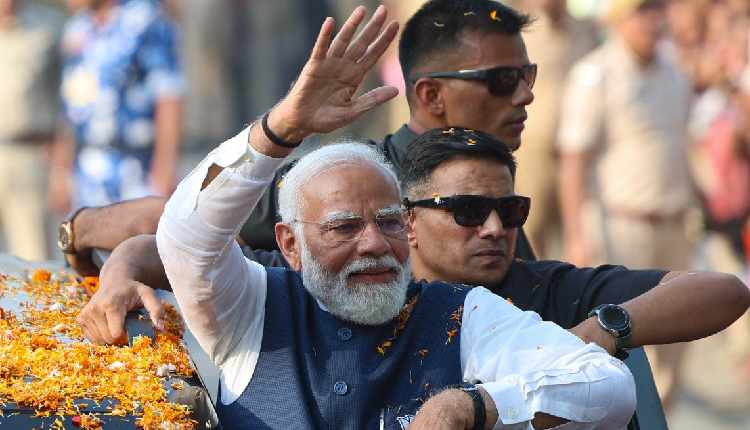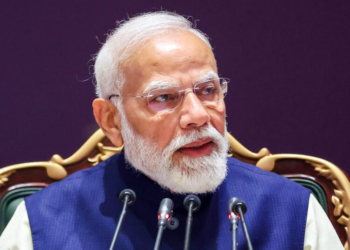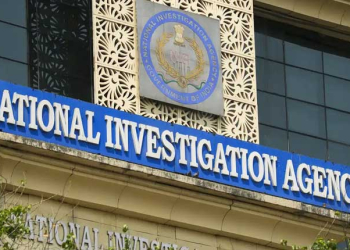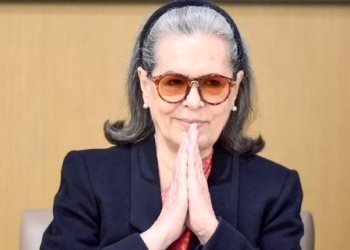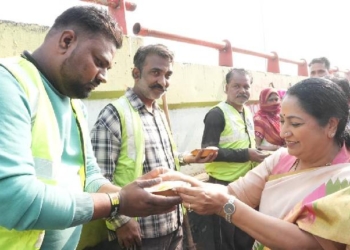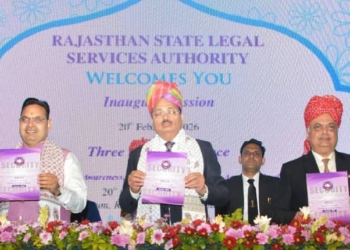New Delhi: In the first 100 days of Prime Minister Narendra Modi’s new term, the government has set a notable agenda focusing on the empowerment of Other Backward Classes (OBCs), Dalits, minorities, and tribal communities.
Several key initiatives have been rolled out to address the needs and uplift the marginalised sections of society.
Expansion of PM SURAJ Scheme
Pradhan Mantri Samajik Utthan evam Rozgar Adharit Jankalyan (PM SURAJ) scheme has been expanded to provide better access to concessional loans for Scheduled Castes (SCs), Other Backward Classes (OBCs), and sanitation workers. This initiative aims to enhance livelihood opportunities by improving financial inclusion and support for self-employment ventures.
The expansion of this scheme is expected to significantly impact those who have historically faced economic challenges and provide them with tools to foster sustainable development. This scheme is being implemented by the Ministry of Social Justice & Empowerment.
Eklavya Model Residential Schools
A substantial push has been made towards educational empowerment through the Eklavya Model Residential Schools (EMRS). The scheme has seen impressive enrolment figures, with over 123,000 students currently attending 405 schools across the country. These institutions are designed to offer quality education to tribal students and bridge educational gaps.
The government’s commitment to improving educational infrastructure for these communities is evident in these significant enrolment numbers.
Ministry of Tribal Affairs is implementing the Central Sector Scheme of Eklavya Model Residential School (EMRS) to provide quality education to the tribal children. The Ministry has set the target to set up 728 EMRSs across the country by the year 2026.
As on date, a total number of 708 EMRSs have been sanctioned across the country, out of which 405 schools are reported to be functional. To encourage tribal students in sports and provide them with a platform to enhance their capabilities, Ministry has decided to set up 15 Centre of Excellence for Sports (CoE for Sports) in EMRSs. National Education Society for Tribal Students (NESTS), an autonomous organisation, has been created to manage and implement the scheme of EMRS.
New Schools and Smart Classes
In a bid to further enhance educational opportunities, 40 new schools have been established, and 110 existing schools have been equipped with smart classrooms specifically for tribal students. The introduction of smart classrooms aims to modernise the learning environment, making education more interactive and accessible. This initiative reflects the government’s focus on integrating technology into education to better prepare students for future challenges.
Waqf (Amendment) Bill, 2024
The recently introduced Waqf (Amendment) Bill, 2024, represents a major step towards improving the management and preservation of Waqf properties. This legislation will facilitate the creation of a digital platform for online registration and monitoring of Waqf properties.
By introducing an online system, the government aims to enhance transparency, reduce disputes, and ensure better management of these important assets. The bill is a significant move towards modernising the administration of Waqf properties and addressing long-standing issues related to their management.
In all, The Modi government’s initial 100 days have been marked by a series of strategic initiatives aimed at the empowerment of various marginalised communities.
From financial support schemes and educational advancements to legislative reforms, these efforts underscore a commitment to fostering equitable development and inclusivity.
As the government progresses, the focus on enhancing opportunities and addressing the needs of OBCs, Dalits, minorities, and tribal populations remains a cornerstone of its policy agenda.
(IANS)




